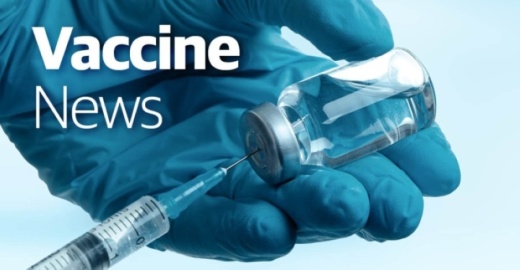The FDA initially granted the Pfizer-BioNTech vaccine emergency use authorization, or EUA, on Dec. 11, allowing people age 16 and older access to the two-dose regimen.
“Today’s action allows for a younger population to be protected from COVID-19, bringing us closer to returning to a sense of normalcy and to ending the pandemic," acting FDA Commissioner Janet Woodcock said in a news release. "Parents and guardians can rest assured that the agency undertook a rigorous and thorough review of all available data, as we have with all of our COVID-19 vaccine emergency use authorizations."
EUAs are granted to medical treatments that have the potential to diagnose, treat or prevent illness during public health emergencies when there are no existing, formally approved alternatives. The FDA expanded the EUA to include adolescents after determining that "known and potential benefits" of the vaccine outweigh any risks for that age group, based on large-scale clinical trials involving 2,260 participants. Among those participants, the most common side effects were pain at the injection site, tiredness, headache, muscle pain, fever and joint pain—the same side effects as were experienced by adults.
On May 7, ahead of the FDA's announcement, the Texas Department of State Health Services sent a letter to more than 3,000 pediatric care providers in the state, urging them to enroll in Texas' COVID-19 Vaccine Program.
“Vaccinating adolescents will bring us closer to ending the pandemic and getting back to normal,” said DSHS Commissioner John Hellerstedt in a statement.
Pfizer also announced it had submitted an application for formal approval to the FDA on May 7.





